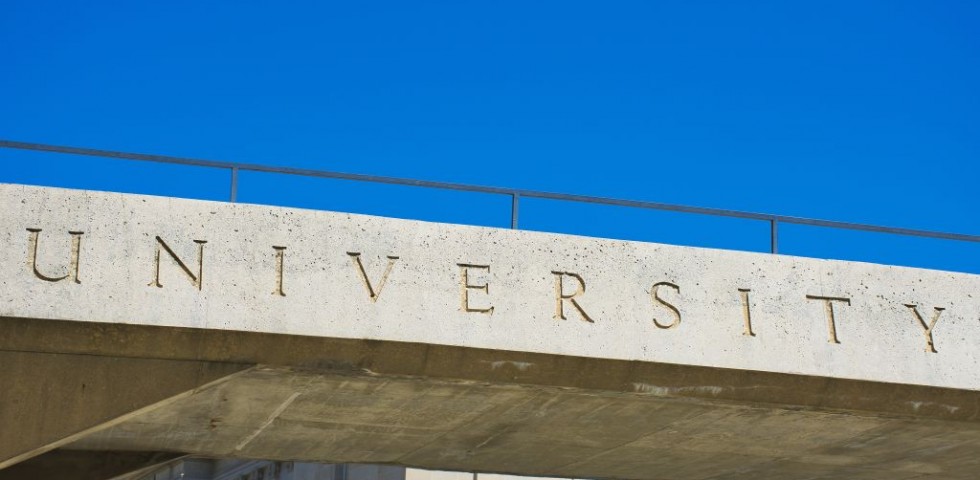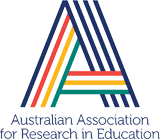
The ‘Protecting and extending research in education in Australia’ Working Party, established at the AARE Annual General Meeting in 2017, delivered its report to the AARE executive and members in May 2020 titled: The growing urgency of attending to the state of Education Research in Australian Higher Education.
AARE, as the peak professional body for education researchers in Australia, has strong interest in supporting high quality research and research capacity in the field of education in the Australian higher education sector. The report states:
There was a call to ensure that the Association support academic staff across all levels having access to time, support, and work conditions that enable them to contribute meaningfully across service and engagement, research, teaching, and leadership. Concern was expressed that current funding and higher education policies continue to undermine the quality of education research and teaching in Australian universities. (p. 4-5)
The key findings from a 2019 survey (n = 162) found:
- 46% of respondents were dissatisfied or very dissatisfied with their research workload allocation, even without taking into account invisible work that reduced that allocation; and
- 48% of respondents found their workloads unmanageable. (p. 7)
Other findings include:
- An expectation of overwork as a norm among research active, research and teaching, and teaching-only staff, across all categories of university and all levels of staffing;
- A systematic misrepresentation of workload in a number of institutions, including the under-estimated or invisible in workload allocation (administration, course and program coordination, HDR supervision, the move to digital and online teaching, teaching preparation, assessment and student contact) thereby detracting from time available for research;
- Restructuring within universities (e.g. teaching-only and research-only academic positions), has led to reduction in the number of teaching-and-research academics and resultant reduction in the time available for many to undertake research;
- Lack of opportunity for most staff to participate in governance of their work in teaching, research, administrative and service, has contributed to the poor working conditions and institutional policy;
- The consequence of curtailment of opportunities and infrastructure supporting research for many Early-Career and Mid-Career academics (ECR and MCR) is that there are few options other than moving to teaching-only positions or needing to reach unrealistic outcome measures to achieve research workload allocations or research-only status;
- Budgetary constraints are leading to increased casualisation of academic work and this is of grave concern;
- Concern among higher degree students, about the lack of time in workload provided for academics to supervise their research and resultant impacts upon the quality of supervision being offered to researchers in training; and
- Institutional governance has responded narrowly to continuing government lack of funding of the sector.
(paraphrased pp. 6-8)
--> See full report
